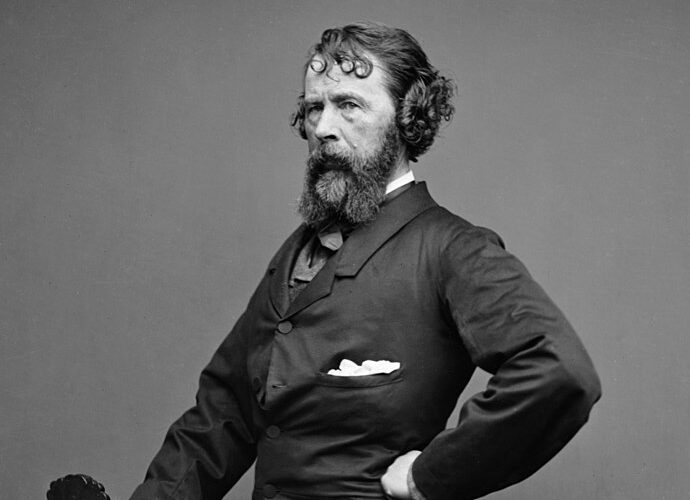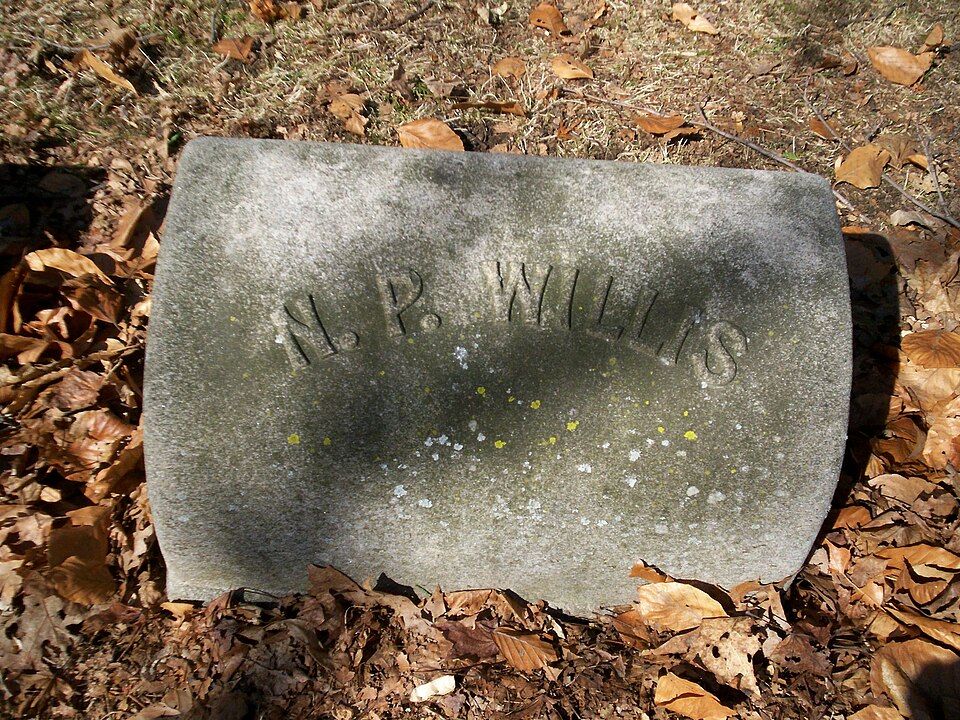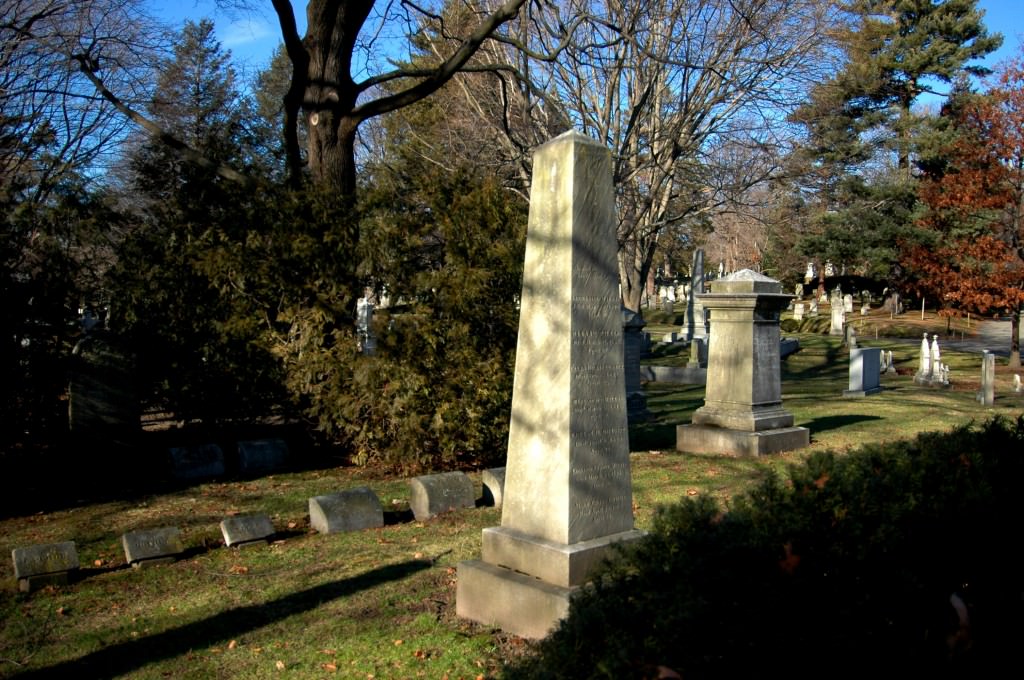
Nathaniel Parker Willis (1806-1867)
American Magazine Writer, Publisher, Editor, & Poet
By Rob Velella
There really is no one like Nathaniel Parker Willis (January 20, 1806 – January 20, 1867), the American poet, editor, publisher, travel essayist and, for a time, the highest-paid magazine writer of his day. He was born in Portland, Maine, and raised in Boston, before making his career as a New York writer and a member of the Knickerbocker group. Though barely remembered today (and, when he is, usually for his associations with other writers), he was a powerhouse of the antebellum period. At one point, for example, he was a regular columnist for three different publications, causing even Henry Wadsworth Longfellow to be jealous of his income.

A quick read through Pencillings by the Way or Out-doors at Idlewild reveals little substance in Willis. However, he was one of the earliest Americans to travel to Europe and write back about his experiences. His prose drew readers in using a style that addressed them directly as close, intimate friends. He made it seem that he was just a rustic American who happened to get lucky and implied that anyone could trade places with him.
As a poet, he often wrote on stereotypically feminine, wishy-washy subjects (case in point: “The Lady in the White Dress, Whom I Helped Onto the Omnibus“). However, much of his poetry stands the test of time and, what’s more, he was writing almost entirely in blank verse in the late 1820s (somewhat impressive for that time period). Here’s one he wrote on New Year’s day, 1829:
Winter is come again. The sweet south west
Nathaniel Parker Willis
Is a forgotten wind, and the strong earth
Has laid aside its mantle to be bound
By the frost fetter. There is not a sound
Save of the skaiter’s heel, and there is laid
An icy finger on the lip of streams,
And the clear icicle hangs cold and still,
And the snow-fall is noiseless as a thought.
Spring has a rushing sound, and Summer sends
Many sweet voices with its odors out,
And autumn rustleth its decaying robe
With a complaining whisper. Winter’s dumb!
God made his ministry a silent one,
And he has given him a foot of steel
And an unlovely aspect, and a breath
Sharp to the senses—and we know that He
Tempereth well, and hath a meaning hid
Under the shadow of his hand. Look up!
And it shall be interpreted—Your home
Hath a temptation now. There is no voice
Of waters with beguiling for your ear,
And the cool forest and the meadows green
Witch not your feet away; and in the dells
There are no violets, and upon the hills
There are no sunny places to lie down.
You must go in, and by your cheerful fire
Wait for the offices of love, and hear
Accents of human tenderness, and feast
Your eye upon the beauty of the young.
It is a season for the quiet thought,
And the still reckoning with thyself. The year
Gives back the spirits of its dead, and time
Whispers the history of its vanished hours;
And the heart, calling its affections up,
Counteth its wasted ingots. Life stands still
And settles like a fountain, and the eye
Sees clearly through its depths, and noteth all
That stirred its troubled waters. It is well
That Winter with the dying year should come!
Nathaniel Parker Willis is buried in Lot # 972 on Spruce Avenue at Mount Auburn Cemetery. His funeral was held on January 24, 1867.

Footnotes:
Birth and death of Nathaniel Parker Willis originally appeared on The American Literary Blog on January 20, 2010.
Portrait of Nathaniel Parker Willis (top): Mathew Brady studio, Public domain, via Wikimedia Commons
